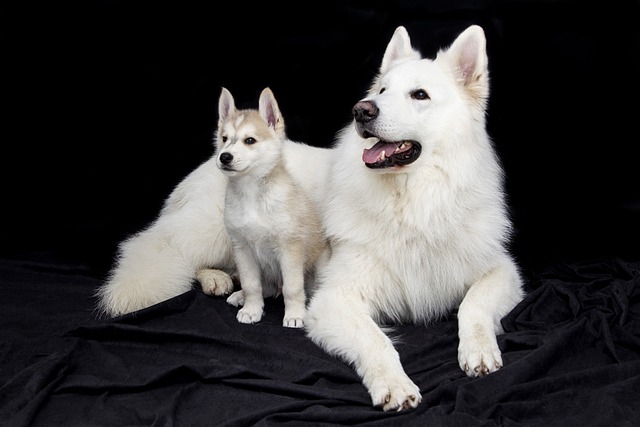
How do i train my dog to be obedient?
Watching your dog dart across the park ignoring your calls isn’t just frustrating—it can put them at risk near busy streets or public spaces.
German Shepherds are a breed that demands respect—not just for their strength and loyalty, but for their sharp minds. Anyone who’s shared a home with one knows they’re quick to learn, but that intelligence means they also need guidance that matches their complexity. Disciplining them isn’t about asserting authority; it’s about creating a language of trust they can understand.
Disciplining a German Shepherd isn’t about dominance—it’s about building trust while setting clear boundaries. These intelligent, energetic dogs thrive on structure, but harsh methods can backfire, damaging the bond you share. Start by understanding their natural instincts: they’re bred to work, so redirecting unwanted behavior into productive actions often works better than scolding.
Timing is everything. If your German Shepherd jumps on a guest, a firm “no” paired with turning away immediately communicates disapproval. Wait until they calm down, then reward the quiet behavior with a treat or praise. This teaches them what earns positive attention, a technique rooted in positive reinforcement that aligns with modern animal behavior science.
 Consistency across all family members prevents confusion. A command like “off” should mean the same thing every time, whether it’s directed at furniture or people. In many European countries, consistent training is even tied to legal responsibilities—owners must ensure their dogs don’t pose a risk to others, making clear discipline a matter of compliance as much as care.
Consistency across all family members prevents confusion. A command like “off” should mean the same thing every time, whether it’s directed at furniture or people. In many European countries, consistent training is even tied to legal responsibilities—owners must ensure their dogs don’t pose a risk to others, making clear discipline a matter of compliance as much as care.
Physical corrections are not only ineffective but often violate animal welfare laws in places like the UK and Germany. Instead, use time-outs in a designated area when excitement turns to unruliness. This helps your German Shepherd learn self-control without fear. Pair this with daily exercise—at least an hour for adults—to burn off energy that might otherwise fuel misbehavior.
Socialization plays a role too. A well-socialized German Shepherd is less likely to act out from fear or uncertainty. Exposing them to different people, animals, and environments from a young age builds confidence, reducing the need for disciplinary measures later. Always carry treats during these outings to reward calm, appropriate reactions.
Remember, discipline should be a teaching moment, not a punishment. When your German Shepherd responds correctly to a command, celebrate it. Positive reinforcement strengthens their desire to please, making future training easier. By combining patience, consistency, and an understanding of their needs, you’ll raise a well-behaved companion who respects your rules—and loves you deeply for guiding them.

Watching your dog dart across the park ignoring your calls isn’t just frustrating—it can put them at risk near busy streets or public spaces.

New puppy owners often find themselves rushing to clean up accidents before they set in, and that’s where puppy pad training becomes a game-changer.

If you've noticed your dog's waistline disappearing and your veterinarian has mentioned those few extra pounds, your first instinct might be to simply reduce the amount of food in their bowl.

Training a dog to use a designated spot indoors isn’t as daunting as many new owners fear, but it does take consistency and an understanding of your pet’s needs.

That moment of dread on a walk is all too familiar for many new dog owners. You see another dog approaching down the sidewalk of your neighborhood

If the sight of another dog on your neighborhood walk makes your heart sink as your own dog erupts into a frenzy of barking and lunging, you're not alone.